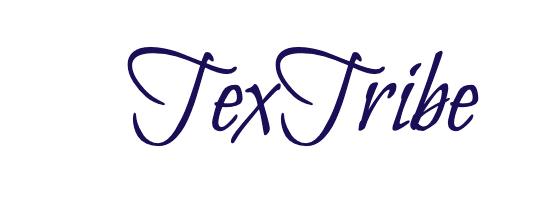In the realm of English grammar, could and would are two auxiliary verbs that often perplex learners due to their subtle differences in usage and meaning. Both terms belong to the category of modal verbs, which are used to express abilities, possibilities, permissions, or hypothetical situations. However, their specific uses and contexts set them apart.
Quick Facts Table
| Aspect | Could | Would |
|---|---|---|
| Type | Modal Verb | Modal Verb |
| Primary Use | Possibility, ability in the past | Willingness, hypothetical situations |
| Example | “I could swim when I was younger.” | “I would go to the beach if it were sunny.” |
Difference Between “Could” OR “Would”
Definition of Could
Could is the past tense form of "can," used to indicate possibility or past ability. It also serves to request or offer something politely.
Definition of Would
Would is the past tense form of "will." It's used to talk about hypothetical situations, polite requests or offers, and future events seen from the past's perspective.
Origin of Could
- Could derives from the Old English cūþe, the past tense of cunnan, meaning “to be able.”
Origin of Would
- Would comes from the Old English wolde, the past tense of willan, meaning “to want” or “wish.”
Pronunciation
- Could: /kʊd/
- Would: /wʊd/
Comparing Could and Would
While both could and would are modal verbs with overlapping uses, they cater to different linguistic needs.
- Possibility vs. Hypotheticals: Could often suggests past ability or possibility, while would leans towards hypothetical scenarios or future possibilities imagined from the past.
- Politeness: Both can be used for polite requests, but would is more common in formal requests.
Comparison Table
| Feature | Could | Would |
|---|---|---|
| Use in Sentences | Expresses past abilities or possibilities. | Used for hypothetical scenarios or polite requests. |
| Politeness Level | Polite, especially in questions. | Often used to make polite offers or requests. |
| Hypothetical Situations | Less common, used for theoretical possibility. | Commonly used for hypotheticals and conditional sentences. |
Usage in Sentences with Explanations
Use of Could in Sentences
- I could see the mountain from my window.
- Indicates a past ability.
- Could you help me with this task?
- A polite request.
- She said she could finish the work by Tuesday.
- Reporting a past possibility.
- We could go to the park if it stops raining.
- A conditional possibility.
- He could have won the race if he hadn’t fallen.
- A hypothetical past scenario.
Use of Would in Sentences
- I would help you if I had more time.
- Expresses a conditional willingness.
- Would you like some coffee?
- A polite offer.
- She said she would call us later.
- A future action from a past point of view.
- We would visit them every summer when we were kids.
- Habitual action in the past.
- I would rather stay home than go out tonight.
- Expresses preference.
Conclusion
Understanding the differences between could and would enhances clarity in communication, allowing speakers and writers to express nuances of possibility, ability, and politeness with precision. While both serve as important tools in the English language, their proper use depends largely on the context and the specific meaning one wishes to convey.
Commonly Asked Questions
- When should I use “could” instead of “would”?
- Use could to express ability or possibility, especially in the past.
- Can “would” be used to express a repeated action in the past?
- Yes, would can describe habitual actions in the past.
- Is “could” used for hypothetical situations?
- Could is less commonly used for hypotheticals; it’s more about past abilities or theoretical possibilities.
- How do “could” and “would” work in polite requests?
- Both can be polite, but would is often preferred in formal requests or offers.

